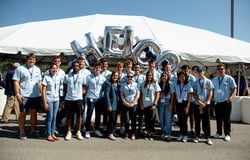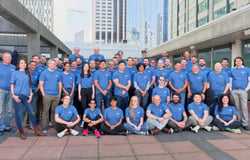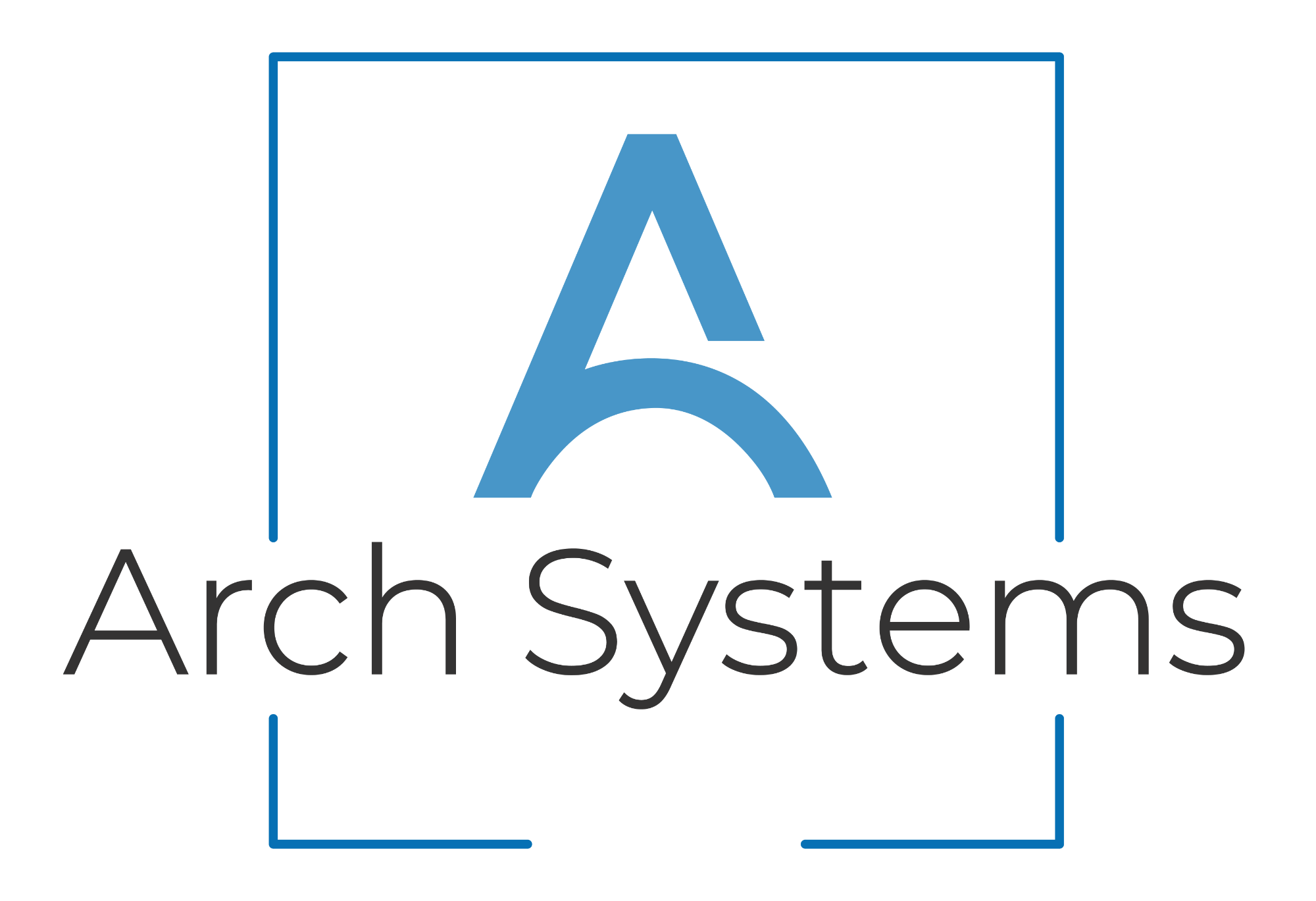The Senior Scientist is responsible for the initiation, design, development, and implementation of scientific
research projects to explore technology for future platform concepts and support the development and execution of product roadmaps. Will investigate the feasibility of applying scientific principles and concepts to potential inventions and products. Maintains substantial knowledge of state-of-the-art principles and theories and may contribute to scientific literature and conferences. May participate in development of intellectual property and visit clinical sites and interact with the market to provide inputs to the R&D teams about various possible system design improvements. May identify and work with external research organizations to apply existing and developing concepts to ophthalmic products. Will be responsible for carrying out diverse tasks related to development of new diagnostic ophthalmic systems as well as improvements to existing products. Will play a key role in determining system technologies, architecture, and performance and provide guidance in marking appropriate system trade-offs.
Primary Duties and Responsibilities:
- Assimilate and apply new technology, and use creative problem solving skills to develop innovative solutions.
- Conduct tests or investigations pertaining to development of new designs, methods, materials, or processes and investigate possible application of results.
- Analyze and verify system performance through simulation and measurement.
- Develop and document investigation proposals.
- Identify and work with external vendors to apply existing and developing concepts to Ophthalmic products.
- Review current developments in the diagnostic ophthalmic industry and report findings.
- Works on problems of diverse scope where analysis of data requires evaluation of identifiable factors.
- Exercises judgment within generally defined practices and policies in selecting methods and techniques for obtaining solutions.
Experience and Education Requirements:
- MS in Physics, Optics, Electrical Engineering, Biomedical Engineering or related field with three years of relevant industry experience; or
- PhD in Physics, Optics, Electrical Engineering, Biomedical Engineering or related field with 0-3 years of relevant industry experience. Relevant industry experience includes one or more of the following:
- Optical imaging techniques such as optical coherence tomography, optical microscopy etc.
- Clinical research
- Medical device development
- Ophthalmic field
- Image processing
- Proven track record of performing research projects and building optical systems or prototypes for execution of scientific or industrial research.
- Hands-on experience in the laboratory set-up and optical instrumentation are essential for this position.
- Experience with mathematical modeling and optical design tools such as ZEMAX, and/or Matlab, C++ or similar.
- Must have good oral and written presentation/communication skills.
- Ability to work independently to conceive and manage new projects.
Top Skills
What We Do
ZEISS is an internationally leading technology enterprise operating in the fields of optics and optoelectronics. In the previous fiscal year, the ZEISS Group generated annual revenue totaling 10 billion euros in its four segments Semiconductor Manufacturing Technology, Industrial Quality & Research, Medical Technology and Consumer Markets (status: 30 September 2023).
With around 43,000 employees, ZEISS is active globally in almost 50 countries with around 30 production sites, 60 sales and service companies and 27 research and development facilities (status: 30 September 2023). Founded in 1846 in Jena, the company is headquartered in Oberkochen, Germany. The Carl Zeiss Foundation, one of the largest foundations in Germany committed to the promotion of science, is the sole owner of the holding company, Carl Zeiss AG.
Data privacy: www.zeiss.com/data-protection
Imprint: http://zeiss.com/publisher
This is ZEISS's official LinkedIn account. It follows the ZEISS Netiquette: www.zeiss.com/netiquette










